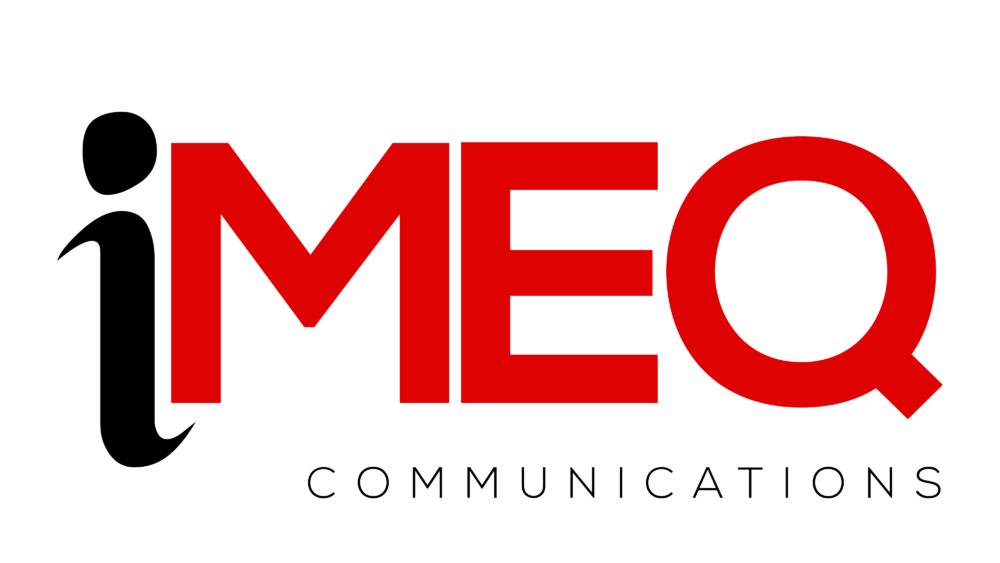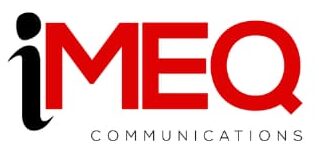
Link building remains one of the most effective strategies for improving your business’s visibility. While we can’t ignore other aspects of Search Engine Optimization (SEO), it’d be quite safe to say that link-building is undoubtedly the key. Before you start wondering about the science of SEO, it’s better to think of link building as an art and not some kind of rocket science.
Through this blog, we will go through all the essentials and help you master the art of link building to generate high-quality traffic. Now without any further adieu, let’s start with learning the tactic:
Understanding the concept of link-building
As the name suggests, the concept of link building simply involves the process of acquiring hyperlinks from other websites to your own. Such links not only act as endorsements but also make your website more credible and trustworthy for various search engines. However, not all the links are considered equal. Why so?
Let’s consider a small example where you own a website that talks about the services your hotel is providing in a specific city. On the same website, you have now acquired a hyperlink that connects with a sports academy’s website. Since there’s no correlation between the websites, the search engines will not consider it as an appropriate backlink. But don’t worry, we will cover in-depth about the nature of these links a little later in our article. However, to begin with, understand why these are so important.
Why is Link Building Important?
- Improves Search Rankings: Backlinks, beyond a doubt, are one of Google’s top ranking factors. A strong link profile can significantly boost your website’s position in SERPs.
- Drives Referral Traffic: Links from relevant websites can lead potential customers directly to your site, increasing both traffic and conversion rates.
- Enhances Credibility: Being linked to or being linked by authoritative sites positions your brand as a trusted source of information in your industry.
- Improving Relationships: The outreach process for acquiring links can often result in partnerships and collaborations, expanding your network within your niche.
After reading these points carefully, you might notice how ‘relevancy’ is quite an important factor. Going back to our previous example, it’s now clear that there’s no relevancy between a hotel and a sports academy website. As a result, the search engines weren’t considering it as an appropriate link for your website.
Types of Links to Focus On
- Editorial Links: These are links gained naturally when other websites find your content valuable and link to it without you asking.
- Guest Blogging Links: Writing articles for other websites in exchange for a link back to your site is a popular and effective strategy.
- Resource Page Links: Many websites have resource pages where they link to helpful content. Remember, getting listed here can drive quite a lot of substantial traffic.
- Broken Link Building: Identifying broken links on other sites and suggesting your content as a replacement is a win-win for both parties.
Best Practices to Follow
There’s no denying that mistakes and learning from those mistakes are always a part of the journey. However, there’s no harm in learning about some of the best practices in advance and making sure you don’t fall for some common mistakes as well.
- Focusing on Quantity Over Quality: Acquiring numerous low-quality links can do more harm than good. Aim for links from authoritative and relevant websites.
- Using Black Hat Techniques: Avoid practices like buying links or using link farms. These can lead to penalties from search engines.
- Neglecting Anchor Text: Ensure anchor text or the clickable part of a link, is relevant and descriptive. Over-optimizing with exact-match keywords can trigger penalties.
- Ignoring Link Diversity: A diverse link profile that includes a mix of different types of links is more effective and natural-looking.
Measure your Success with the Right Tools
After going through all of this hassle, it’s time for you to gauge the effectiveness of your link building efforts and track the following metrics:
- Domain Authority (DA): With tools like Moz, you can easily measure the authority of your website based on your backlink profile.
- Referral Traffic: Monitor the traffic driven by your backlinks using tools like Google Analytics.
- SERP Rankings: Track the ranking of your target keywords with tools like Ahrefs and SEMeush to see if your link-building efforts are improving the site’s visibility.
- Number of Backlinks: Lastly, regularly review your backlink profile to ensure it’s growing steadily. However, keep in mind that the quality of such backlinks is more important than their quantity.




